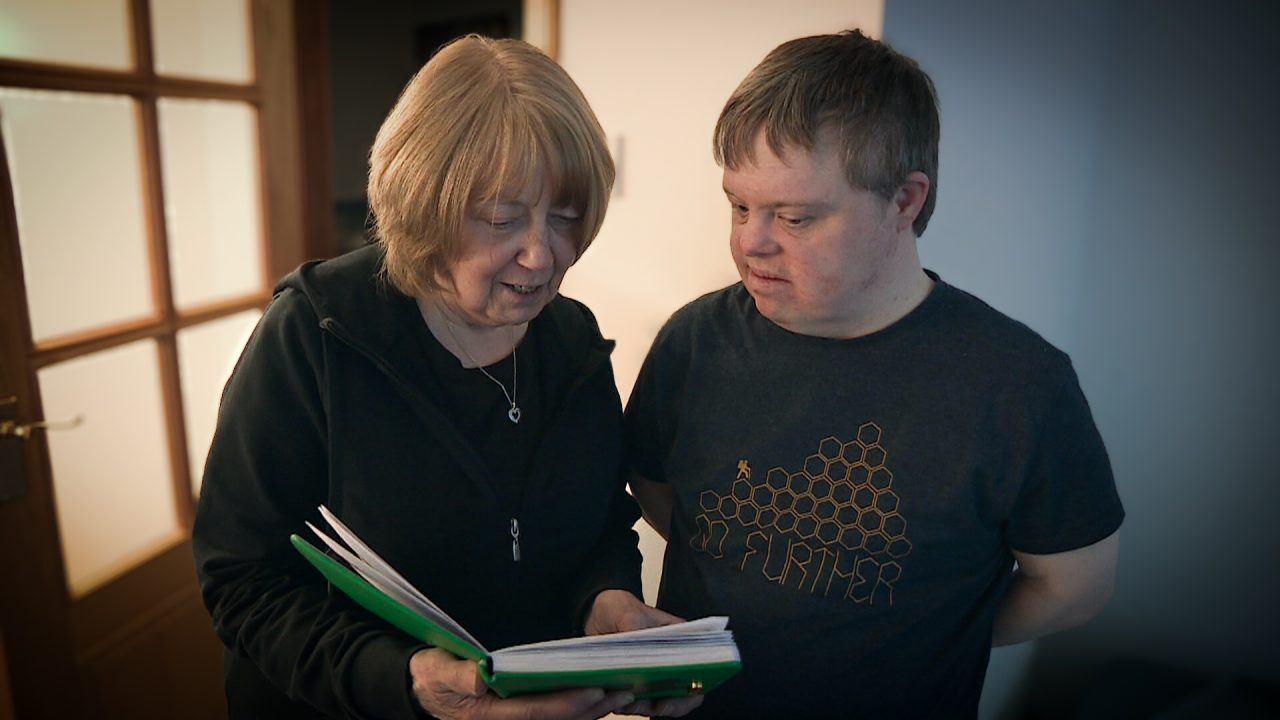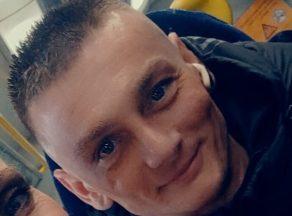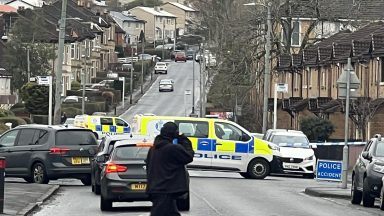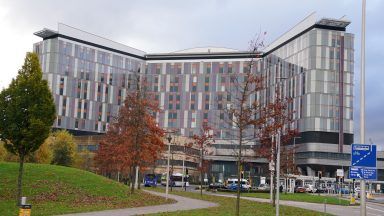Families across Aberdeenshire say they are devastated by proposed cuts to ADHD and autism assessments and support services for people with disabilities.
The body that oversees health and social care services in the area met on Wednesday to examine a predicted overspend of more than £26m.
Aberdeenshire Integrated Joint Board (voted to look at establishing its own in-house assessment system and a plan will be put forward at its next meeting in March.
It comes as almost 2,000 residents are waiting for ADHD and autism assessments, and a council report suggests the move would come with “significant risk”.
STV News heard from families impacted by the decision.
‘I’ve been waiting more than two years for an assessment’
Isabel Hogg’s son was referred for an ADHD assessment in 2021 because he wasn’t focusing in school or participating to his full potential.
The family wanted a diagnosis because he was behaving exactly the same as school as he did at home.
However, while completing the forms Isabel noticed that she was displaying many of the same characteristics.
She told STV News: “I was thinking ‘this is relatable, this is the same as me’, so I went and spoke to the doctor in November 2022, who turned around and said ‘yes, you’ve got a strong case for referral’ and they put me forward in December.”
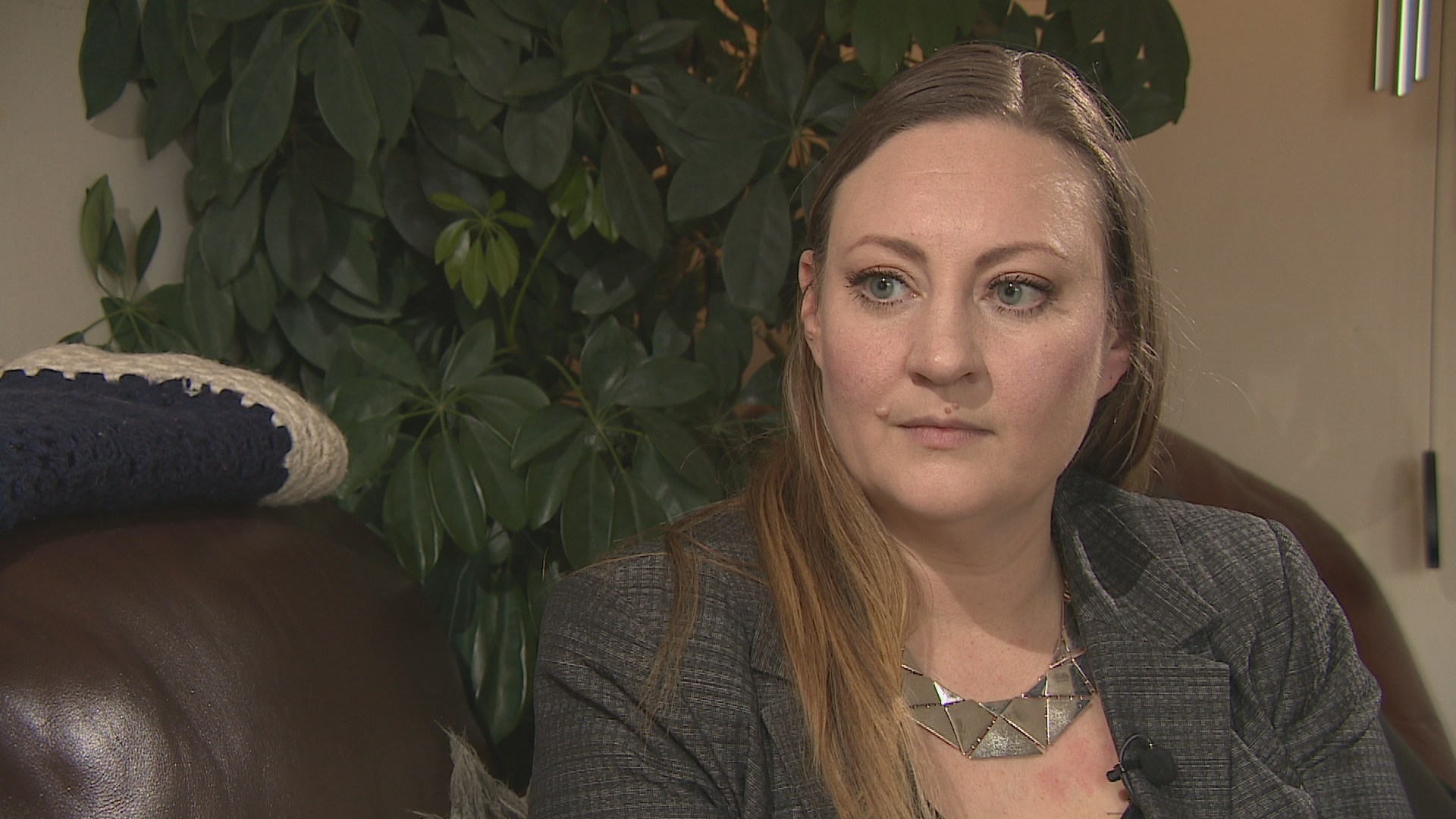 STV News
STV NewsMs Hogg has now spent more than two years on the waiting list for an assessment.
“I’ve been waiting for my initial appointment and I believe I was coming quite close to the top of the list. But it’s a rigorous screening process, so I knew I would have to go through several stages in order to get a diagnosis.
“Having heard the news that the pathway was going to be closed altogether, it’s a real sense of disappointment that I’m no further forward now than I was two-and-a-bit years ago when I first went onto the waiting list.
“For me, it’s not a case about getting a label, I don’t want that, it’s more about helping to understand who I am as a person and it’s helping to understand my strengths and areas I can improve on, and perhaps getting the support in areas that absolutely need it.
“Now that’s been pulled and completely taken away from us. There are 2,000 people who are directly impacted by this. It’s disappointing and frustrating that we are all in the same boat.
“I feel like I’ve been playing life on hard mode the entire time.”
‘He won’t understand why it’s being taken away’
As part of cost-saving initiatives, the prices of services supporting people with disabilities could also be increased.
Paul McLean has been attending a daycare service for more than 20 years but proposed charges could see the rate increase by almost £100.
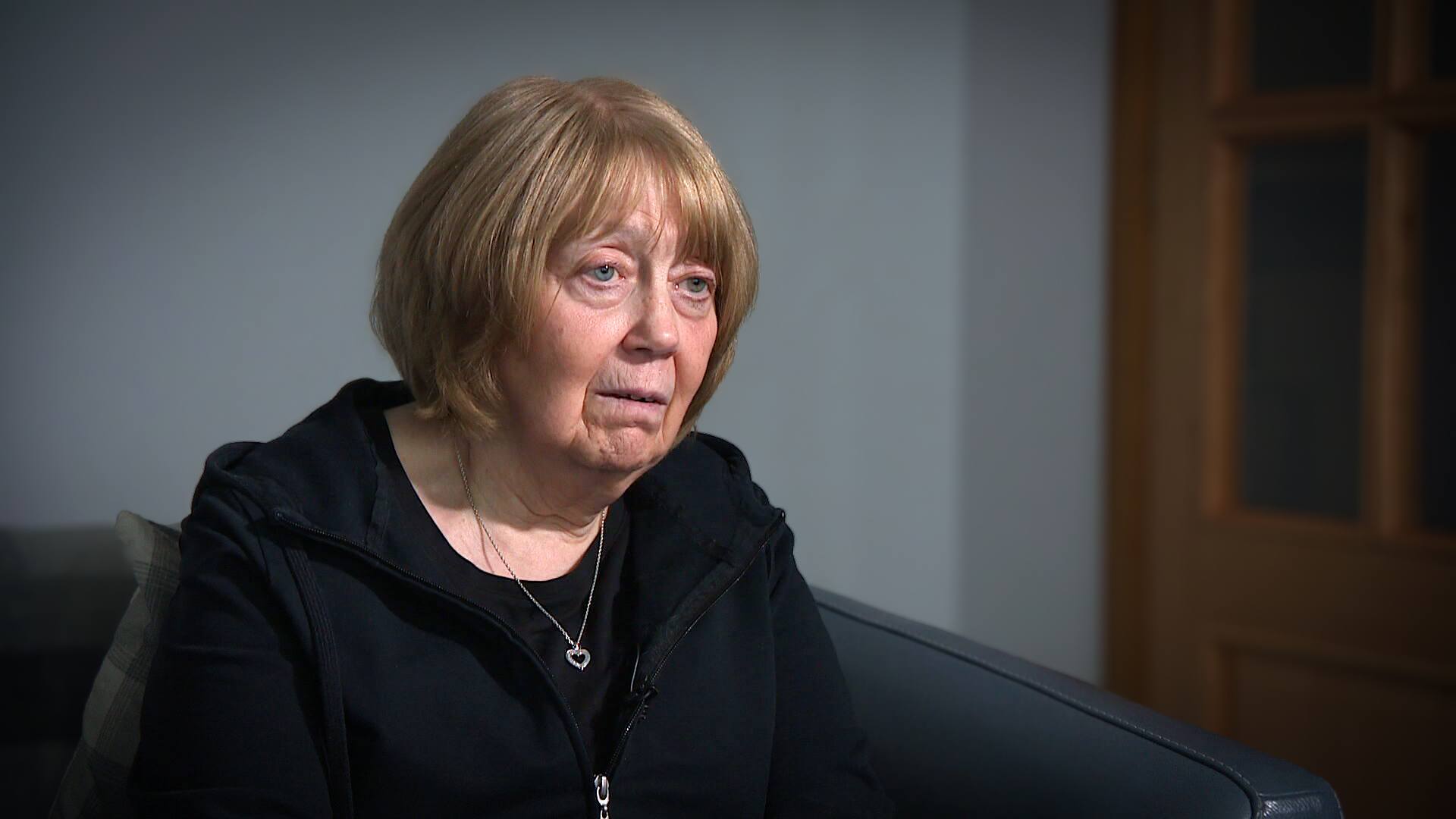 STV News
STV NewsKathleen McLean, Paul’s mum, said: “He won’t understand why it is being taken away, he will be in denial that it has gone. What will be in place for him?
“I need time away from him and he needs time away from me. That’s his company, that’s his peer group and they’ve got relationships together.
“They need that to bring them on, to keep them going, to keep their brain active, to keep their physical activity up, to give them a routine, to give them a sense of purpose.”
‘There’s not much choice elsewhere that would be suitable for my son’
Colette Arthur’s son Alfie has complex physical and mental needs.
He has cerebral palsy and uses a wheelchair. Furthermore, he is partially-sighted and has no spatial awareness.
Alfie needs daily changing and feeding but likes being out and about with his friends and carers.
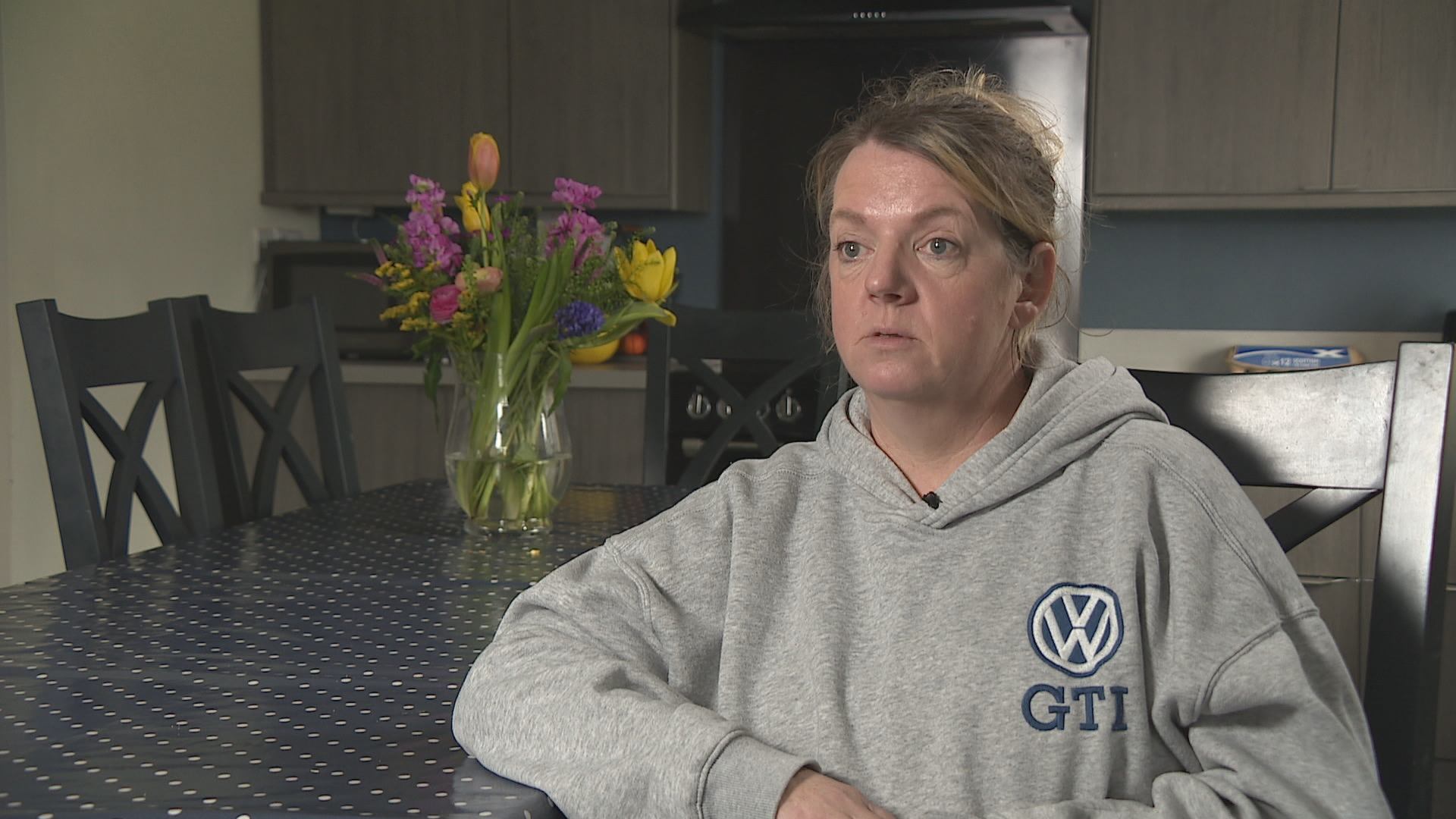 STV News
STV NewsThe learning disability day service he attends in Fraserburgh has been life-changing for Alfie but a rise in transport costs could mean he won’t be able to go as often.
Ms Arthur said: “There’s not much choice elsewhere that would be suitable for Alfie and feasibility, taking him back and forth, there wouldn’t be anything much closer. It would all be back roads, which wouldn’t be much safer in the winter months.
“It would be a severe impact on all of us but certainly for Alfie. If he feels like he’s not in control of something he’ll just stop eating and it will get to the point where we’ll have to administrate, build up drinks, things like that, because that’s about the only thing he can control.
“It’s vital for them purely for the social aspect, being stuck in the same house, same four walls, with the same people every day isn’t enough – certainly not for Alfie.
“He’s a very sociable lad. He likes being out and about, he likes seeing different people, doing different things. There are things he’ll do for them that he’ll certainly not do at home and vice versa.”
‘The most vulnerable autistic people will be put incredibly at risk’
Marion McLaughlin runs a consultancy that trains companies on understanding autism in the workplace.
They said: “With the pathways gone, I’m very concerned about the devastating impact that it is going to have on the community – having had access to assessment and diagnostic pathways for the last few years, to suddenly have it taken away.
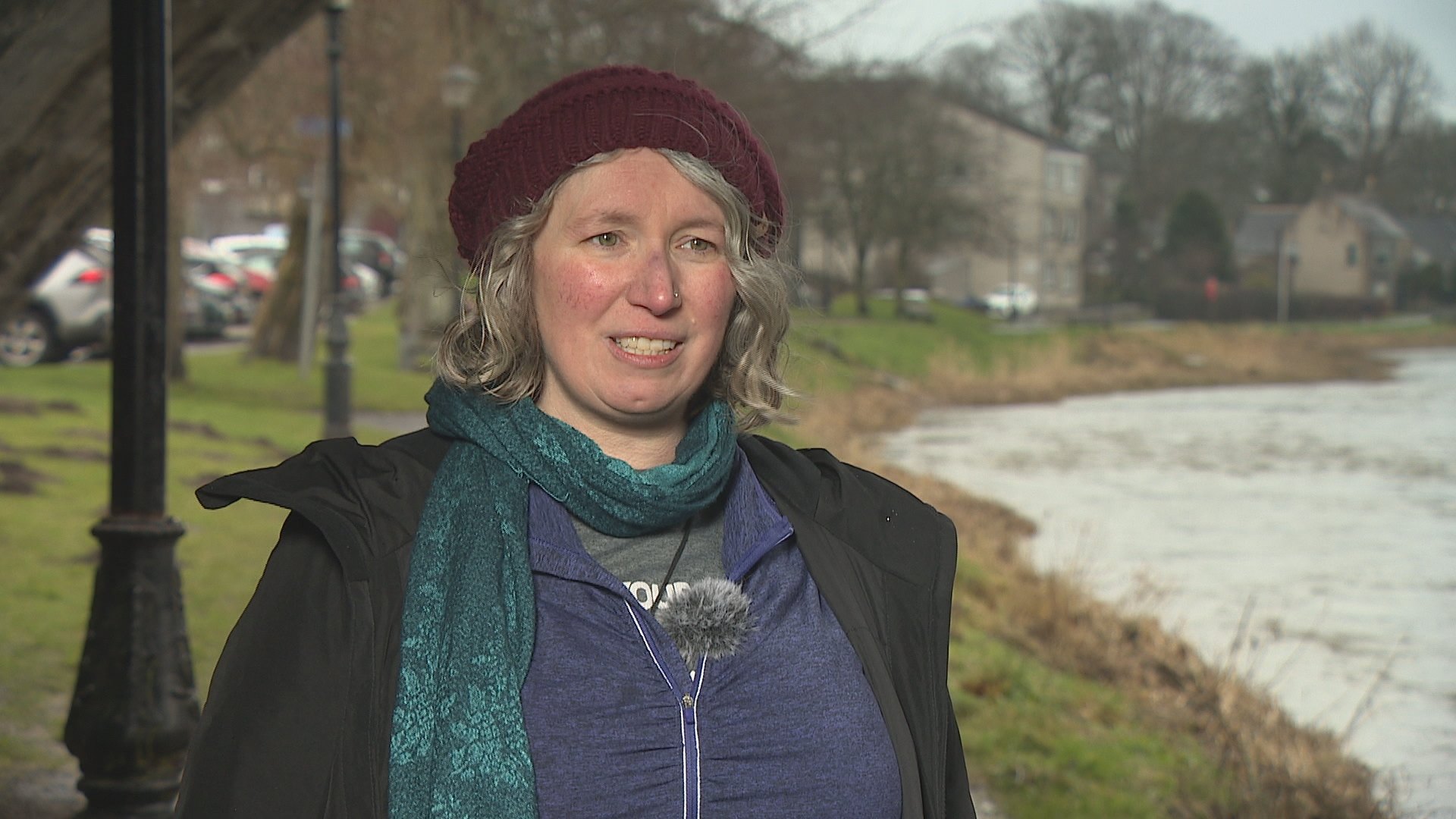 STV News
STV News“Because the autism pathway team can only work for a very limited amount of time – given the funding it has had – it means the waiting list is incredibly long, so some people have been waiting three years plus.
“They have had their name down for three years, they have been told that it is coming, their name is getting further up ahead and all of a sudden it is just being taken out from underneath them.”
Marion, who has set up a petition against the changes, added: “For a lot of people, unless we have that formal diagnosis, that formal identification that we are autistic, it can be very difficult for other people to believe us when we say (we are), especially if we don’t present in a stereotypical manner.
“Not having the pathway will put a lot of people at risk, the most marginalised people at risk, particularly people of minority genders, people from minority ethnic communities.
“The most vulnerable autistic people will be put incredibly at risk by this.”
‘I need an assessment for my own validation and sense of identity’
Felicity Goodhall went through the local assessment pathway in Aberdeenshire and fought for years to get an autism assessment.
She said: “When I initially approached my GP and asked for an assessment before living here he looked at me like I had two heads and said ‘I don’t think that’s a thing’.
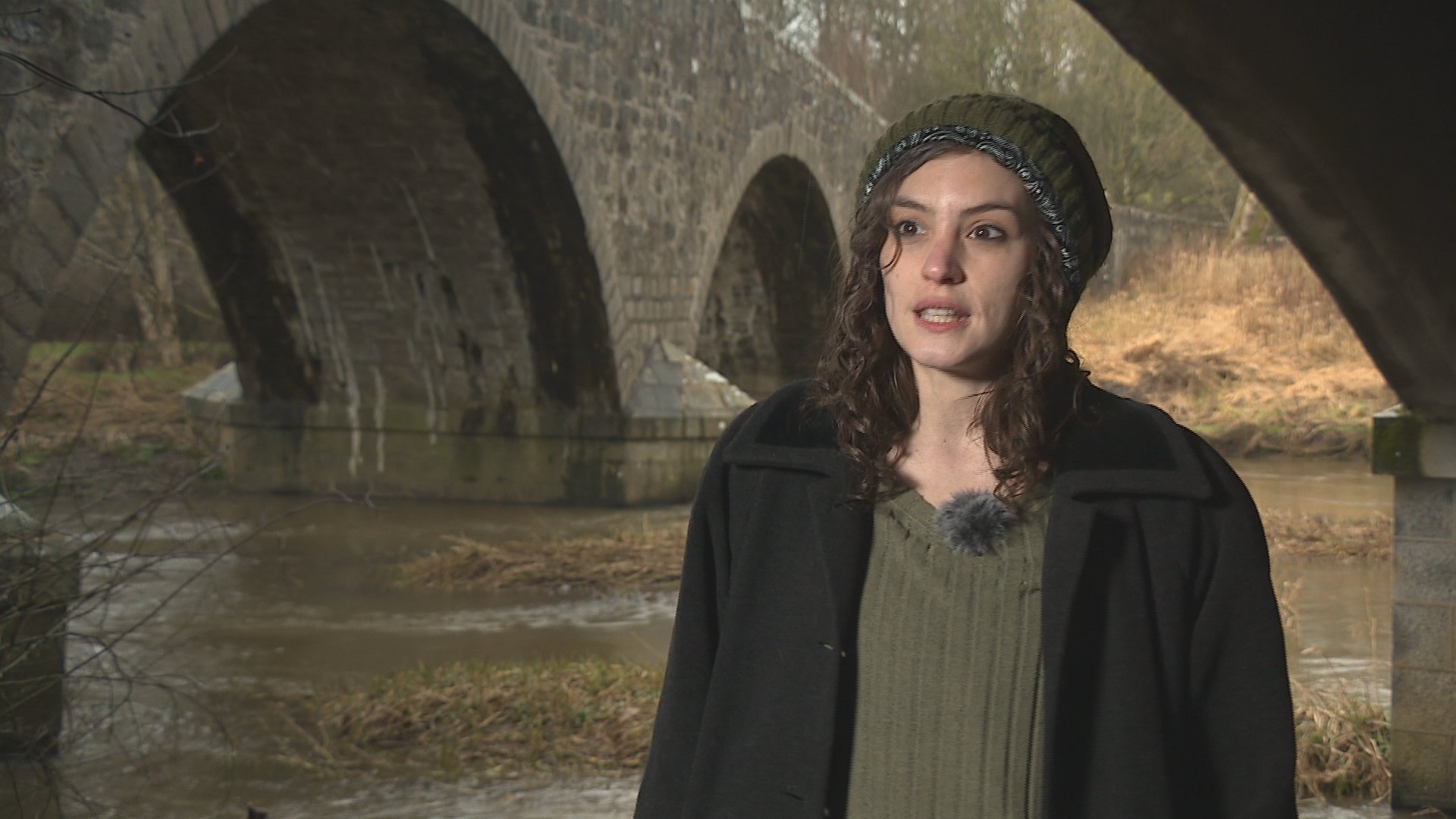 STV News
STV News“That was an immediate barrier to even being referred for an assessment. When I learnt the pathway was opening up here I was absolutely thrilled, I was so relieved.
“It was something I really felt strongly that I needed for my own validation, for my own sense of identity, but also for pursuing reasonable adjustments – when I was dealing with my kids’ school, when I was seeking healthcare, for a whole host of different reasons.
“Also, my grandmother ended up with Alzheimer’s end-of-life care, she was in a care home, and I was thinking ‘well, I can self-advocate for myself at the moment but what if one day I might not be able to’ and I am going to going to really need to have that diagnosis in my medical records to make sure I get all my needs met.”
HSCP: ‘We acknowledge this will be a concerning time for many of our staff’
Pamela Milliken, chief officer for Aberdeenshire Health & Social Care Partnership, stressed that “very challenging decisions” would need to be made to save crucial cash and balance the budget.
She said: “This coming year will be a very difficult one for us to navigate.
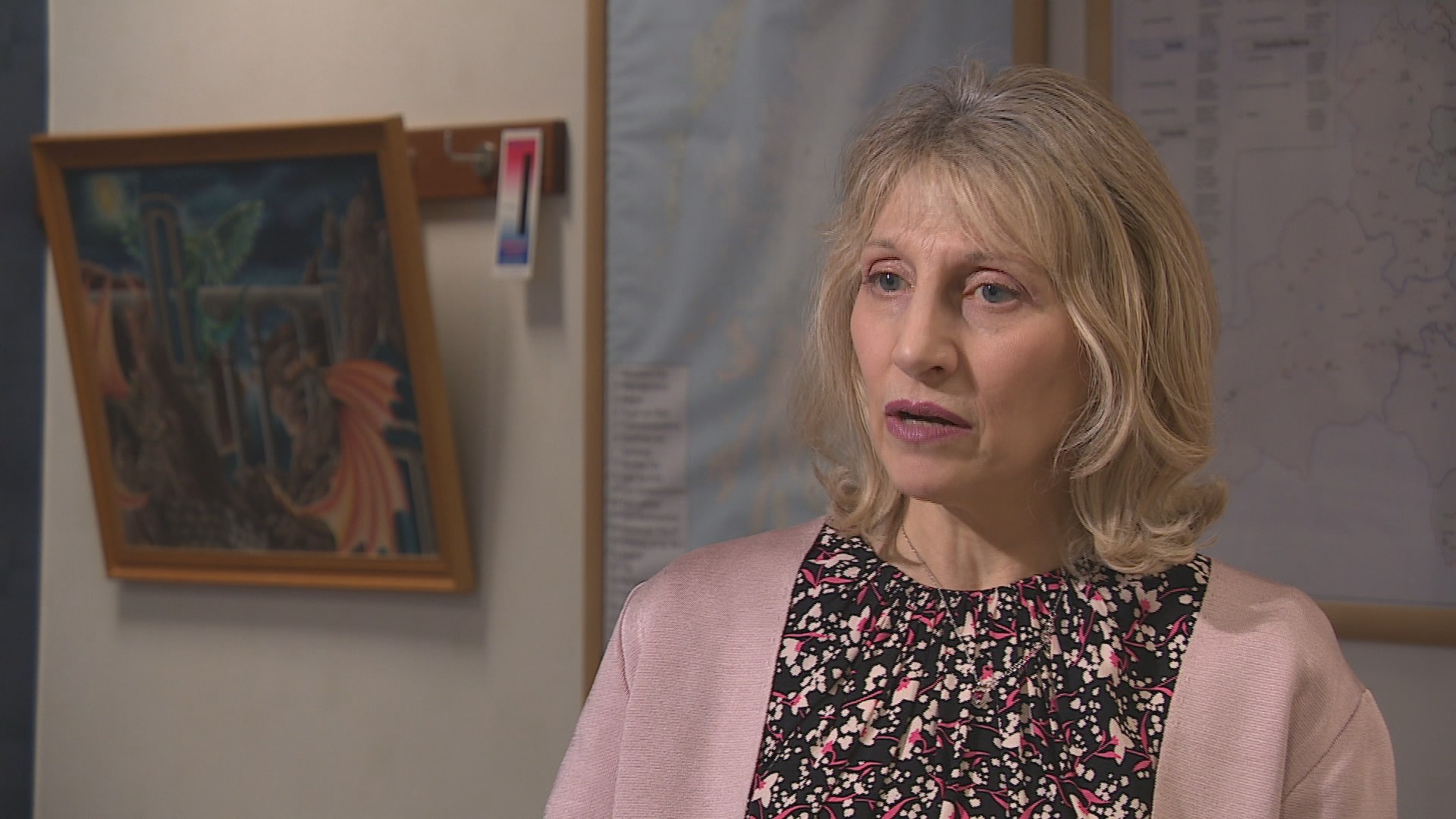 STV News
STV News“We absolutely acknowledge the concerns that have been raised today about how we manage services whilst making the required savings and I know that all of us will work to ensure that we protect the most vulnerable in our communities.
“I would also like to acknowledge that this will be a concerning time for many of our staff and I whilst I cannot promise that there will be no redundancies as a result of these proposals, I can promise that we will work with our union colleagues and will do all we can to support everyone through this process.”
What is the Scottish Government saying?
The Scottish Government said last month there had been a “significant increase in referrals” for autism diagnosis, which was putting pressure on an already-stretched NHS.
Mental wellbeing minister Maree Todd said: “The Scottish Government provided £400,000 to establish the service in Aberdeenshire between 2019-21. If approved by the Scottish Parliament, the 2025-26 Budget will provide a record £21.7bn for Health & Social Care next year.
“This includes £16.2bn for health boards – a 3% cash uplift and real terms increase on their baseline funding. It will also deliver record funding of over £15bn for local authorities, a further 4.7% real terms increase.
“In that context, it is disappointing that local areas are considering completely withdrawing established local neurodevelopmental services.”
Follow STV News on WhatsApp
Scan the QR code on your mobile device for all the latest news from around the country


